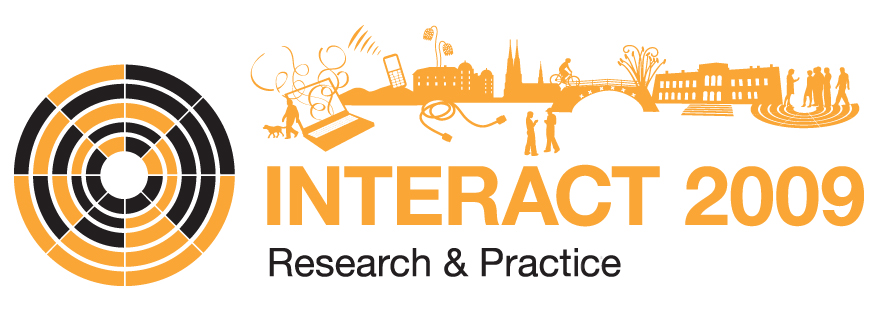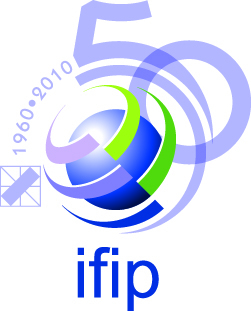HUMAN-COMPUTER INTERACTION DIDACTICS - IS THERE ANYBODY OUT THERE?
Monday, August 24, 2009, Uppsala
HUMAN-COMPUTER INTERACTION DIDACTICS - IS THERE ANYBODY OUT THERE?
CALL FOR PAPERS
An IFIP WG.13 Workshop on Human-Computer Interaction Education
Workshop Topic and Background
The IFIP Working Group 13.1 has run a long sequence of workshops dedicated to the teaching of HCI, covering various aspects of HCI education. The topics of the workshops have ranged from teaching practices, ways of inspiring the students, the principles of providing teaching material, including how to publish and maintain databases of good quality. Furthermore, the series of HCI Educators conferences have been a successful sequence of events, where more specific topics have been addressed, such as the role of design in HCI education contexts. However, the process of teaching as disseminated from a more theoretic perspective has not been addressed as much as needed. The initial attempt of creating a curriculum for Human-Computer Education by the ACM was a good inventory of the subjects within the field. However, there is a long step from this start to understanding how to teach the subject. There have been occasional papers, that have discussed pedagogical models in this context, but still there seems to be little discussion about teaching s trategies between the practitioners. General pedagogical models, such as Bloom’s taxonomy, or models for specific areas, such as Lasau’s sets of knowledge transformers for design applications, are occasionally mentioned for the teaching. How to use models such as these in a practical setting for teaching Human-Computer Interaction needs to be discussed in a more elaborate and theoretically founded way.
The topic of the workshop is the more theoretic foundations for teaching HCI. How are the resources (such textbooks as Preece et al., or commonly available exercises etc.) best used in a teaching context, either when Human-Computer Interaction is taught as a separate subject, or as supporting topic, e.g., in education of programmers.
In the workshop, the focus will be on discussing the theory behind teaching Human- Computer Interaction both on basic and advanced levels. Hopefully the workshop will be a starting point for a long-term discussion that can be carried further after the workshop.
Workshop objective
The workshop objective is to invite experienced teachers to a workshop on HCI didactics, as an initial step towards a fruitful process of discussing HCI teaching with a scientific approach. The immediate goal is to gather current knowledge about the existing views on HCI teaching as a pedagogic field. The long-term goal is to create a forum, hosted by the IFIP Working group 13.1 on their web site where issues of didactics can be discussed over an extended period of time.
Suggested Topics
We invite papers that discuss teaching strategies, didactics, and effective teaching methods that can be applied to the large amount of material available, as well as papers on pedagogical models that have been adapted to the HCI domain and papers that describe how traditional pedagogical models are applied to the domain for efficient training. The papers should focus on the theory on teaching rather than describing case studies, but case studies can of course be used for illustrative purposes.
We especially welcome papers that encourage and provoke discussion during the workshop. Paper length should be between 5 and 8 pages, using the Springer LNCS template, available from the INTERACT website
Workshop outcome
The outcome of the workshop is twofold:
- An interactive discussion forum for the discussion of pedagogical issues in HCI
- A workshop documentation, compiled from the submitted papers that will be reworked into a publication, either in a journal or as part of a book.
Important dates:
Submission deadline: May 20 2009
Notification of acceptance: May 25 2009
Early registration deadline for conference: May 27 2009
Workshop: August 24 2009
Workshop Organizers
- Lars Oestreicher, Uppsala University, Sweden
- Paula Kotzé, Meraka Institute, South Africa
- Konrad Baumann, H Joanneum University of Applied Sciences, Austria
Workshop Submissions: [email protected]

